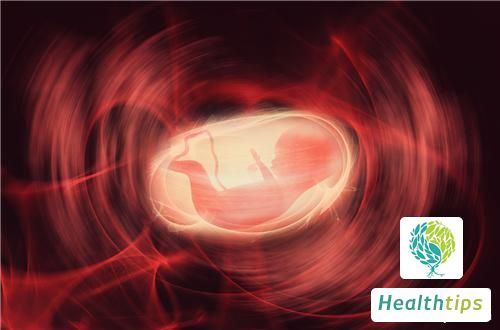Human placenta has the functions of anti-infection, wound repair, and enhancing human resistance. It is mainly used in traditional Chinese medicine to nourish essence, enrich blood, and invigorate Qi. However, this medicine should not be used indiscriminately. When the body encounters problems, it is necessary to let the doctor guide medication based on the actual condition to better improve the condition. Self-medication may backfire.

1. Anti-infection: The placenta γ-globulin contains antibodies against measles, influenza, and diphtheria antitoxin, which can be used to prevent or reduce infectious diseases such as measles. As it is a protein, oral administration is ineffective, and injection is necessary. The placenta γ-globulin also contains interferon, which can be used clinically to prevent or control viral infections.
2. Enhancing body resistance: It can produce estrogen and progesterone. The placenta may contain these hormones, thus having the pharmacological effects of these hormones. It can significantly promote the development of the thymus, spleen, uterus, vagina, and mammary glands, and also has a promoting effect on the thyroid and testicles.
3. Impact on blood coagulation: The placenta contains so-called urokinase inhibitors, which can inhibit the activation of plasminogen by urokinase. This explains the decrease in fibrinolytic activity during pregnancy. Human placenta contains low-molecular-weight coagulation factor XIII (a glycoprotein). This coagulation factor can stabilize fibrin clots, promote wound healing, and can be used to treat bleeding patients due to factor XIII deficiency.
4. Promoting physical development: It can regulate disordered autonomic nerves, normalize hormone secretion, promote mammary gland development, promote milk secretion, and promote the development of infants and young children.
5. Wound repair: It can repair wounds, accelerate collagen formation, promote blood circulation, and have a diuretic effect.

